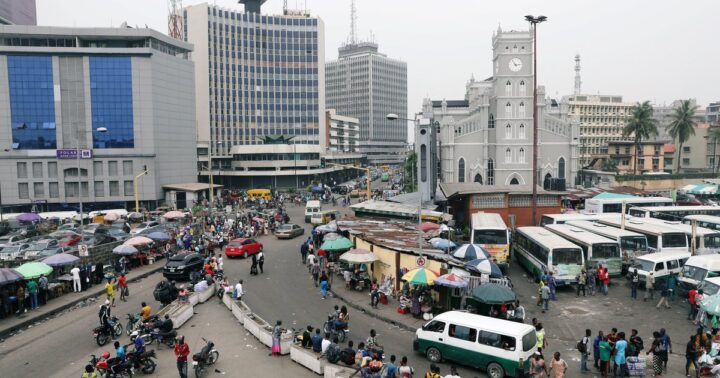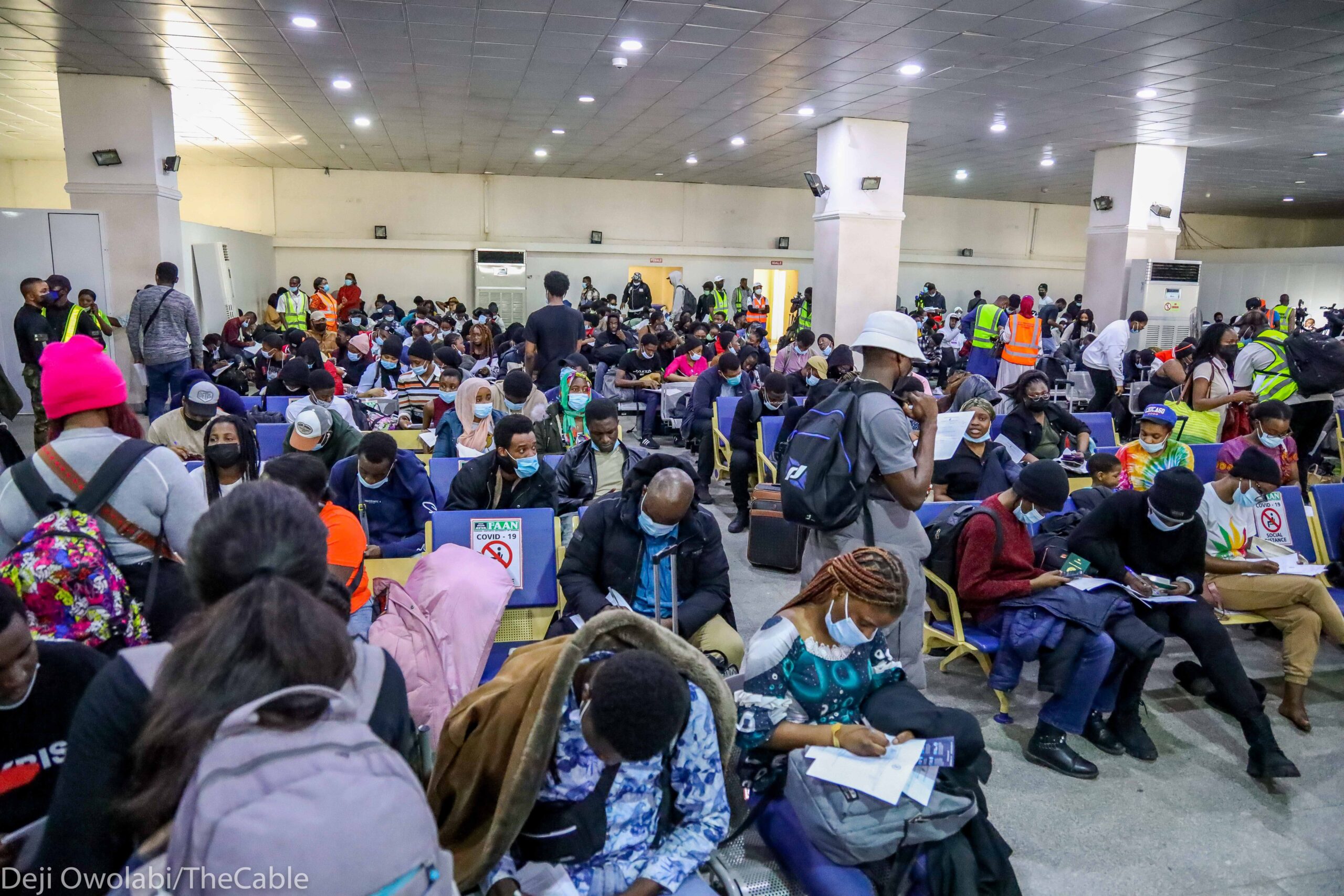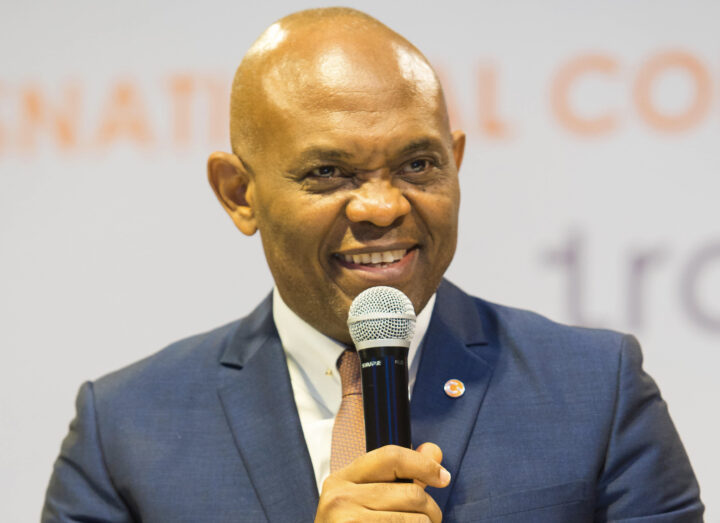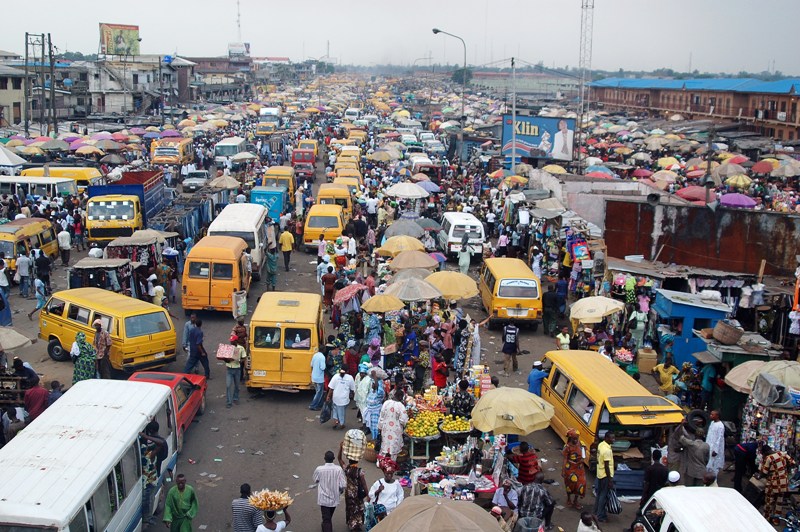BY CLAIRE MOM
Whenever the continent Africa is mentioned outside its shores, variations of a certain picture come to mind: starving children, murky waters, pigeons used as a form of communication, and lions roaming around as pets. I mean, it’s Africa, after all.
The media’s portrayal isn’t doing much to correct the situation either. According to a report by the University of Southern California, Americans rarely see mentions of Africa or Africans in the media and when they do, they are often negative or stereotyped.
Understandably, it might not be intentional. Some of the stories reported, for example, are centred on drawing an emotional response to genuine plights. However, in doing so, it becomes easy to think Africa is a continent uniform in poverty and untold hardship — when the reverse is often the case in reality.
Advertisement
Let me show you how. While the world continues to transit into paperless retail transactions courtesy of the pandemic, Africa is seizing the opportunity and gavotting into a $180 billion internet economy by 2025. The growth of this internet economy, led by Nigeria, South Africa, Kenya, and Egypt is just a needle in the haystack of the continent’s achievements.
Ironically, while the media fails to celebrate Africa, there has been an unprecedented global demand for African tech developers. As a matter of fact, four out of 10 African software developers work for at least one company based outside the continent. Based on these statistics, South Africa takes the lead, followed by Egypt and Nigeria.
There is something very interesting to take note of here. 80% of these developers are below the age of 35. They have an average age of 29 – below the world average of 36 years – and a median age of 25.
Advertisement
Africa is undoubtedly the youngest continent in the world, with 60% of the entire continent aged below 25. This simply means that the continent’s greatest resource, human power, is leading the tech industry.
But do we see enough of that reported?
Outside of tech, Rwanda and Tanzania are two of the five fastest-growing economies in the world. Ghana, Mauritius, Seychelles are considered as potential destinations for investments, with Mauritius clinching 13th place globally as the easiest place to do business.
Africans are slowly taking over the world. By 2050, Africa will be home to about 4.3 billion people. That’s enough reason to pay attention, surely. Why? It means that close to half of the world population will come from Africa, with Nigeria at the forefront as the third-most populous country in the world, surpassing the United States.
Advertisement
This is threatening for sure, considering Nigerians are the most educated group in America. What happens when education meets opportunity?
The idea is uncomfortable to many. The thought of the richest black man in the world being from Africa is discomfiting enough. It is why Africans are continually suppressed; the world is aware of the continent’s potential for greatness.
So, why not publicise it? The answer is simple. The positive parts of Africa do not fit the narrative about developing countries. Besides, to strike a balance, there has to be good and evil. It is unfortunate Africa just happens to be the scapegoat.
To be clear, the aim of this article is not to paint Africa as the lost city of gold. However, like every other continent, unbiased coverage featuring achievements just as heavily as failures should be the norm. After all, inclusivity and equality are the new buzzwords.
Advertisement
Mom is a Nigerian journalist notable for her unconventional opinions that cut across social issues, health, religion and development. Reach her via email at [email protected] or via Twitter @speakclairely_
Advertisement
Views expressed by contributors are strictly personal and not of TheCable.
Add a comment






